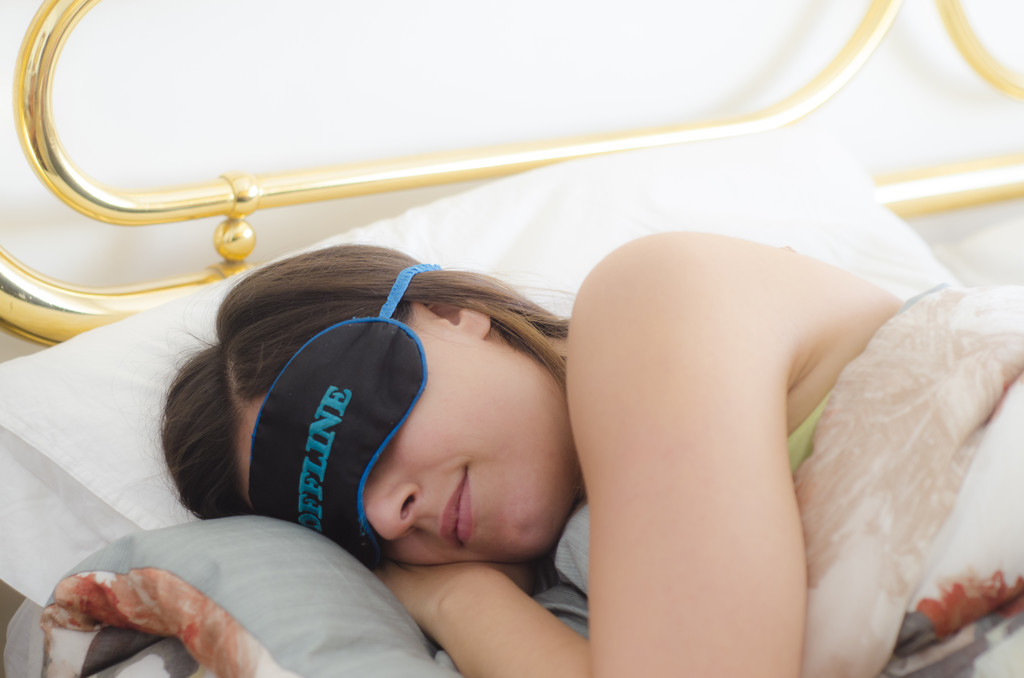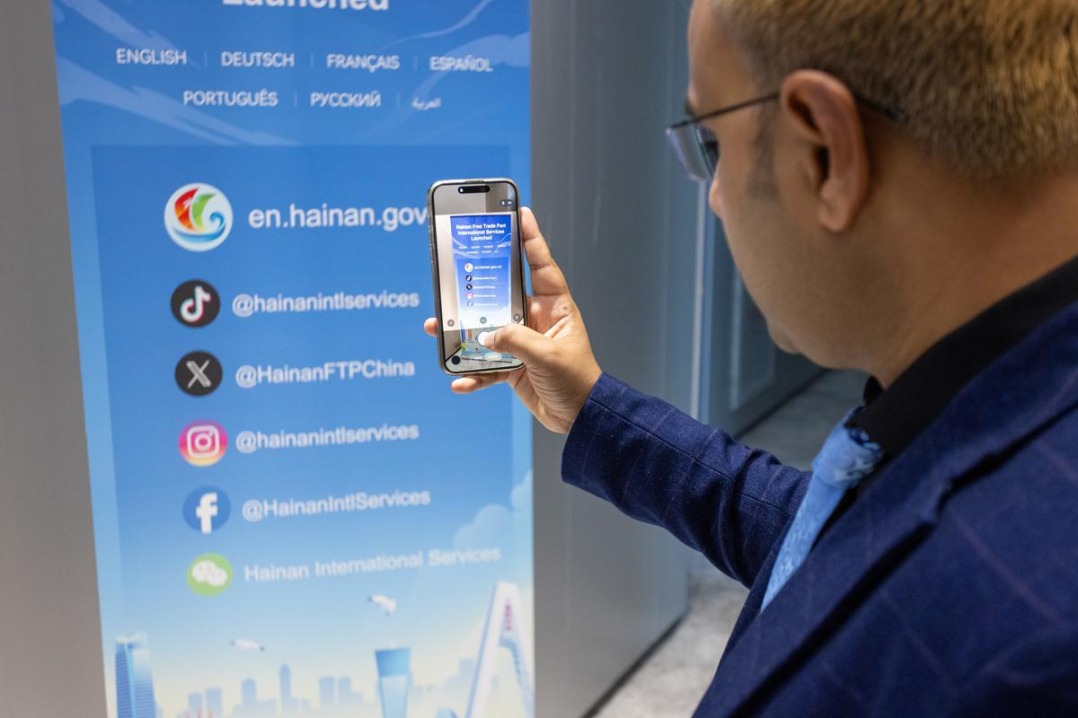Businesses wake up to sleep concerns
By Belinda Robinson in New York | China Daily Global | Updated: 2019-07-19 09:34

It's one of the most important things we do each day - sleep.
But sleep deprivation appears to have worsened in the past decade amid a global 24/7 work culture that demands employees are plugged in, checking and responding to emails and answering work calls at home, say experts.
"Working long hours and sleeping less than the recommended seven or more hours has become a badge of honor in many industries despite evidence that proves a lack of sleep hurts productivity, safety and overall health," former American Academy of Sleep Medicine president Dr Ilene Rosen said in a statement.
Worldwide, a lack of sleep among the workforce in the US, Britain, Canada, Germany and Japan costs their economies half a trillion dollars per year collectively, according to a 2016 study by the Rand Corp, a research firm.
The United States alone loses $411 billion per year due to tired workers. The decline in productivity means an estimated 1.23 million days are lost per year due to health-related employee absences, Rand found.
If people get more sleep, it could boost the global economy, research by Rand suggests.
Rand found that if workers who slept under six hours snoozed for seven hours instead, it could add $226.4 billion to the US economy, $29.9 billion to the UK, $34.1 billion to Germany, $12 billion to Canada and $75.7 billion to Japan's economy.
Failing to get a good night's rest can wreak havoc on health, affecting people's ability to function, their mental health, blood pressure and mortality rate, warns the American Sleep Association.
"Approximately 70 million US adults reported sleeping less than six hours in a 24-hour period in 2012," said Camilo Ruiz, medical director of the Choice Physicians Sleep Center in Miami, Florida, in an email to China Daily. "Make sleep a priority during the work week (because) catching up on your sleep during the weekend may not be enough to stave off the effects of sleep loss."
Americans are not the only ones bleary-eyed from a lack of "kip". Sleep-deprived workers cost the British economy $50 billion and 207,000 days a year.
Germany, known for having an efficient workforce, loses $60 billion per year from tired workers and 209,000 working days. Japan's economy, meanwhile, loses $138 billion and 604,000 working days a year, according to Rand's research.
A huge part of the global problem is the growing dependence on phones, tablets and computers. The devices emit a blue light that not only disturbs the sleep pattern - because the light stimulates the brain and keeps a person awake - but using them too much can even cause weight gain, a June 2019 study in the medical journal JAMA Internal Medicine found.
"The amount of sleep needed differs as a function of age and differs across individuals," Jerry Siegel, professor of psychiatry and biobehavioral sciences at the UCLA Center for Sleep Research, told China Daily. "If you are not sleepy during the day, you are getting enough sleep."
A lack of sleep can also lead to more serious conditions, including sleep apnea, when people stop breathing during sleep; insomnia, restless leg syndrome and excessive daytime sleepiness, known as narcolepsy.
"Sleep deficiency can alter activity in some parts of the brain so people may have trouble making decisions, solving problems, controlling emotions and behavior and coping with change, as well as be more easily distracted and less likely to catch and correct mistakes," Ruiz added.
The lack of alertness can lead to accidents for a sleepy employee who drives for a living.
Almost 10 percent of all motor vehicle crashes involved a drowsy driver, a February 2018 study by the AAA Foundation for Traffic Safety found. It also estimated that sleepy drivers cause an average of 328,000 motor vehicle accidents in the US each year, including 6,400 fatal crashes.
NASA and corporate giants Google, Samsung and Procter& Gamble are finding ways to ensure their workforces get 40 winks. All have purchased a specially designed chair called an EnergyPod, which allows people to snooze for 10 to 15 minutes at work.
The egg-shaped white pod includes a gray bed inside for workers to lie flat. Costing $12,985 each, the chair's sleep aids include calming music and soothing voices.
Uber has nap rooms in its San Francisco headquarters for employees who drive for many hours.
Ariana Huffington, former publisher of The Huffington Post, was a pioneer in allowing her staff to nap at the New York City headquarters.
Nike also approves of its employees taking a midday snooze in quiet rooms at its Beaverton, Oregon, headquarters.
London has a venue called Pop & rest for weary workers in Shoreditch, and New York City has The Dreamery, which will charge you $25 for a 45-minute catnap in a pod.
China has been a leader in sleep solutions for decades. The practice of taking a nap after lunch, or wujiao, appears to be less frowned upon than it has been in Western offices.
Spain's famous siesta is taken so seriously that businesses close for around two hours at midday.
Ruiz believes "the optimal time to nap is in the early afternoon when you feel a natural increase in sleepiness".
In the US, a group of organizations, including the AASM, National Safety Council and Sleep Research Society, launched the National Healthy Sleep Awareness Project in 2018 to encourage employers to help workers avoid fatigue.























